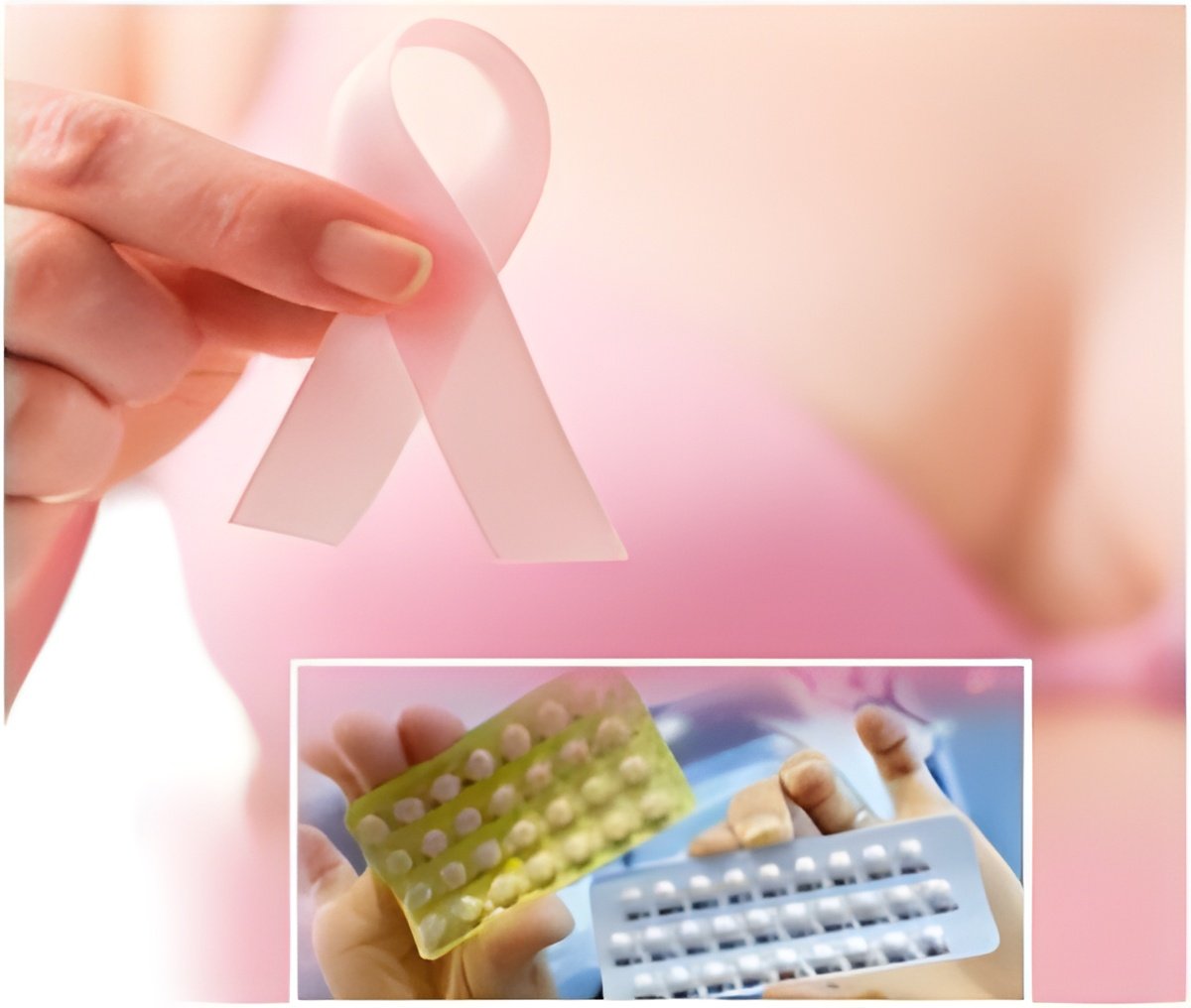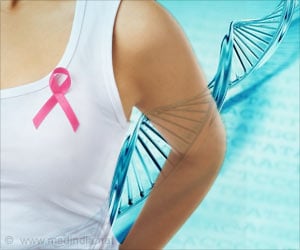
The actress underwent a double mastectomy after discovering that she carries a faulty DNA that gave her an 87% chance of getting breast cancer, which is 8 times the chances of an average woman getting the cancer.
The chances of her developing ovarian cancer was increasing due to the flawed BRCA 1 gene. This pushed her to a situation where she had to undergo a second round of major surgery in which her ovaries and Fallopian tubes removed.
Gene BRCA1 and its sister BRCA2 are responsible for close to 5,000 cases of breast cancer each year in the UK. With these women, the disease tends to strike earlier than normal, with some developing breast cancer while still in their 20s.
The tumors that arise as a result of BRCA genes also tend to grow and spread more quickly and difficult to treat. Those women who have lost their close family members to the disease become eligible for genetic tests and regular scans but still the disease can be missed. Though there are some drugs available that can be taken to cut down the risk but this is not for everyone. Hence many women decide that the only way to protect themselves is to have both their breasts removed as well as their ovaries.
The latest research offers hope of using drugs to lower a woman’s risk of the disease, so that she is no more likely than the average female to develop cancer. The hope surrounds research from University College, London into how these flawed genes trigger cancer. Women carrying the genes make more of the sex hormone progesterone than usual. This leads to an unusually low levels of anti-cancer protein known as OPG. The good news is that the drugs are already in use that could correct levels of the compounds.
Advertisement
The second drug is an osteoporosis medicine called denosumab which is due to be tested in London. Around 60 women who are waiting for mastectomies will be involved all together. They will be given one of the drugs in the weeks leading up to their op.
Advertisement
If the pills are safe, they need not be 100 per cent effective for them to be considered for widespread use, said researcher Martin Widschwendter. A treatment that reduces a woman’s risk of cancer to near average is likely to be attractive.
The professor, whose work is funded by the ovarian cancer charity the Eve Appeal, said: ‘The big advantage would be that they wouldn’t need surgery. A double mastectomy, along with breast reconstruction, is a massive undertaking and carries risks of infection and bleeding. This opens up an entire new window of opportunity in preventing breast cancer. There’s still a long way to go but this is really the first time this window has been opened. Prevention without surgery is the ultimate goal.’
Source-Medindia















